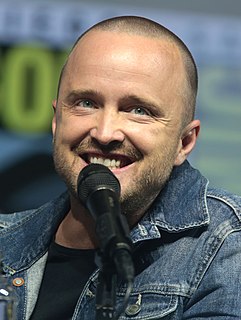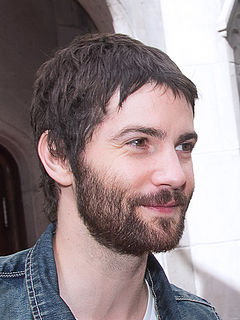A Quote by Diana Gabaldon
But a man is not forgotten, as long as there are two people left under the sky. One, to tell the story; the other, to hear it.
Related Quotes
One of the remarkable qualities of the story is that it creates space. We can dwell in a story, walk around, find our own place. The story confronts but does not oppress; the story inspires but does not manipulate. The story invites us to an encounter, a dialogue, a mutual sharing. As long as we have stories to tell to each other there is hope. As long as we can remind each other of the lives of men and women in whom the love of God becomes manifest, there is reason to move forward to new land in which new stories are hidden.
One of the rules of the road is that if you want to create the sense of silence, it frequently has more pungency if you include the tiniest of sounds. By manipulating what you hear and how you hear it and what other things you don't hear, you can not only help tell the story, you can help the audience get into the mind of the character.
The two big mistakes were the belief in a sky god - that there's a man in the sky with 10 things he doesn't want you to do and you'll burn for a long time if you do them - and private property, which I think is at the core of our failure as a species. That's the source of my indignations, my dissatisfactions, however it comes out on the stage. I feel betrayed by the people I'm part of, these creatures, these magnificent creatures.
If you gauge how you're doing on whether somebody is responding vocally or not, you're up a creek. You can't do that; you kind of have to be inside of your work and play the scene. And tell the story every day. Tell the story. Tell the story. Regardless of how people are responding, I'm going to tell the story.
































